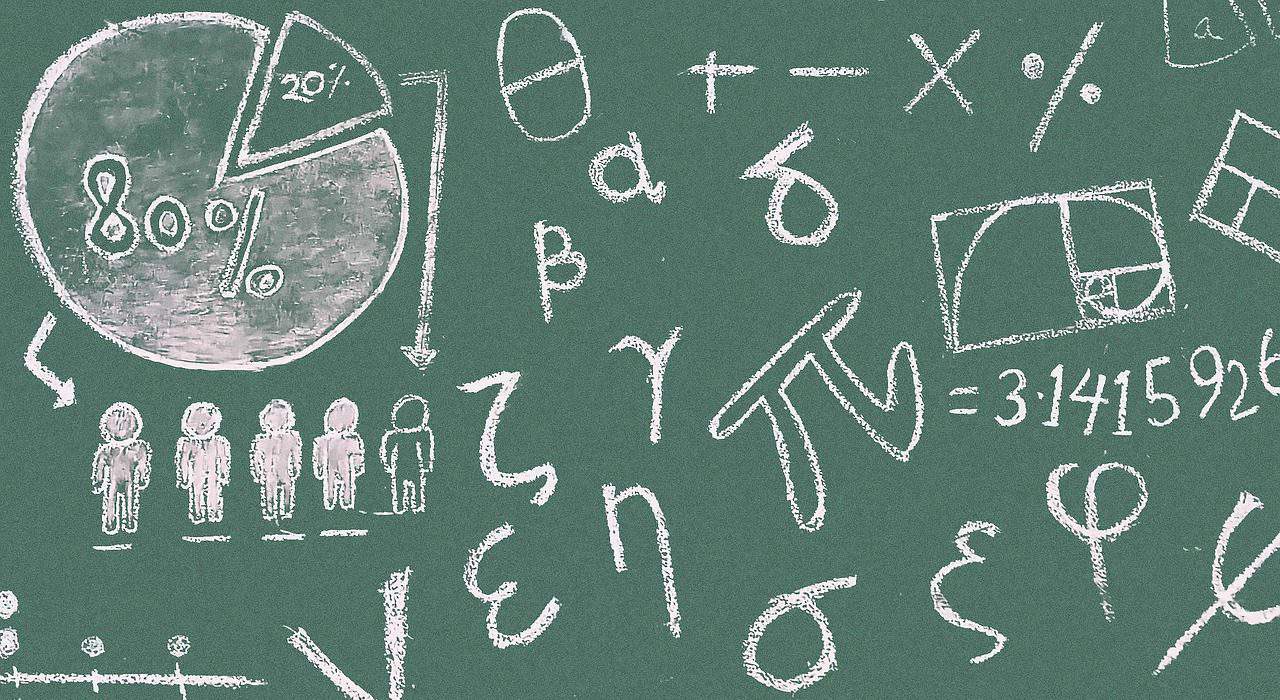11+ Basics: Maths Explained

The 11+ is an examination taken by some school pupils in their last year of primary school to get into a grammar school of their choice. For many parents only just learning about the exam or only just beginning their child’s 11+ campaign, it can be overwhelming to figure out what you and your child can expect from the exam, and where to even begin with their preparation. Fear not – Eleven Plus Exams is providing a crash course on each subject tested in common entrance exams to help ease this confusion.
Most 11+ exams will test some or all of the following subjects:
- English
- Maths
- Verbal reasoning
- Non-verbal reasoning
Students – and parents – need a good grasp of what to expect from the exam for each of these subjects. Even the brightest students who are well out-performing their peers may struggle in the competitive, ever-evolving 11+ exam if they do not know how they will be tested on the subjects they otherwise know so well. For some subjects, like verbal and non-verbal reasoning, there is specialised knowledge to learn that is not covered by the national curriculum.
What is 11+ Maths?
Like English, 11+ mathematics tests a lot of the core skills taught on the national curriculum. In general terms, the 11+ maths tests will cover only those topics that have been taught during key stage 2. It is therefore essential that your child is secure in their understanding of the maths they are learning at school.
It is worth noting that the best way to know the format of the maths test in the exam your child will sit is to ask the school that will provide it directly. Sometimes this information can be located on the school’s official website. If not, speak with teachers or check our forum for first hand experience from other parents.
The following topics have all appeared on past 11+ papers. This can form the basic checklist that you can go through with your child to ensure the basis of their understanding before their exam:
- The 4 basic operations: addition, subtraction, multiplication and division
- Fractions
- Decimals
- Money
- The metric system
- Time
- Prime numbers
- Prime factors
- Highest common factor and lowest common multiple
- Perimeter and Area (Squares, Rectangles, Compound Shapes)
- Averages
- Distance, Speed and Time
- Column graphs
- Pie charts
- Algebra
- Angle calculations
- Co-ordinates
- Reflection and Rotation
- Percentages
- Simple ratio
- Volumes of cubes and cuboids
- Bearings
- Simple probability
- Nets of shapes
- Sequences and number patterns
- Marking and interpreting scales
Maths vs Non-Verbal Reasoning
For parents just beginning with the 11+, there may be some confusion as to the difference between the maths and non-verbal reasoning sections of the exam. Though there may be some overlap between the skills used in both subjects, the mathematics section of the 11+ typically will test the more orthodox topics taught in school. The non-verbal reasoning section tests, more broadly, critical thinking skills through the use of number patterns, shapes and diagrams.
For a more detailed look at the non-verbal reasoning section of the 11+, you can check out our 11+ Basics blog post here.
How can I practise 11+ maths at home?
At the beginning of year five you should ensure your child has excellent recall of their times tables and strong command of the four operations. This will be essential for all maths topics and will be essential to their overall speed and success in the subject..
The most common weakness in many children at the age of 10 is in the four basic operations – addition, subtraction, multiplication and division. There is surprisingly little focus in the national curriculum on the learning of times tables “by rote”. However, for any question requiring multiplication and division in the 11+, 100% accuracy in these topics is essential. Learning their times tables up to twelve by heart is a good bet and regular practice of this is the best way to ensure the security of their knowledge. Even a few moments practicing them in the car on the way to school each day will make a real difference to your child’s confidence and their recall ability.
For free resources and practice questions and answers that can be downloaded and attempted at home, you can visit our Maths Revision aids page at elevenplusexams.co.uk.
The ElevenPlusExams’s Virtual Learning Environment is designed for success in selective school entrance exams. The content is written by experienced teachers from our own tuition centre, that is updated regularly and includes a comprehensive range of material for verbal reasoning practice, including preparation material for GL, CEM and MORAY house question styles.
It includes explanatory videos for the most common maths topics and hundreds of exam style questions with answers and full explanations. It is ideal for children who are looking to learn, revise and refine their abilities in this subject, and allows everyone who uses the platform the ability to track progress and analyse achievements, so that areas that require additional work can be easily identified and remedied.
Similarly, the Eleven Plus Exams’ First Past the Post series is ideal for 11+ maths practice at home. These books and papers provide essential exposure to the question styles and answer layouts that will appear in an actual exam. With full answers and explanations provided in every book, they are an ideal way for children to learn from each mistake and to refine their exam technique through practice.


